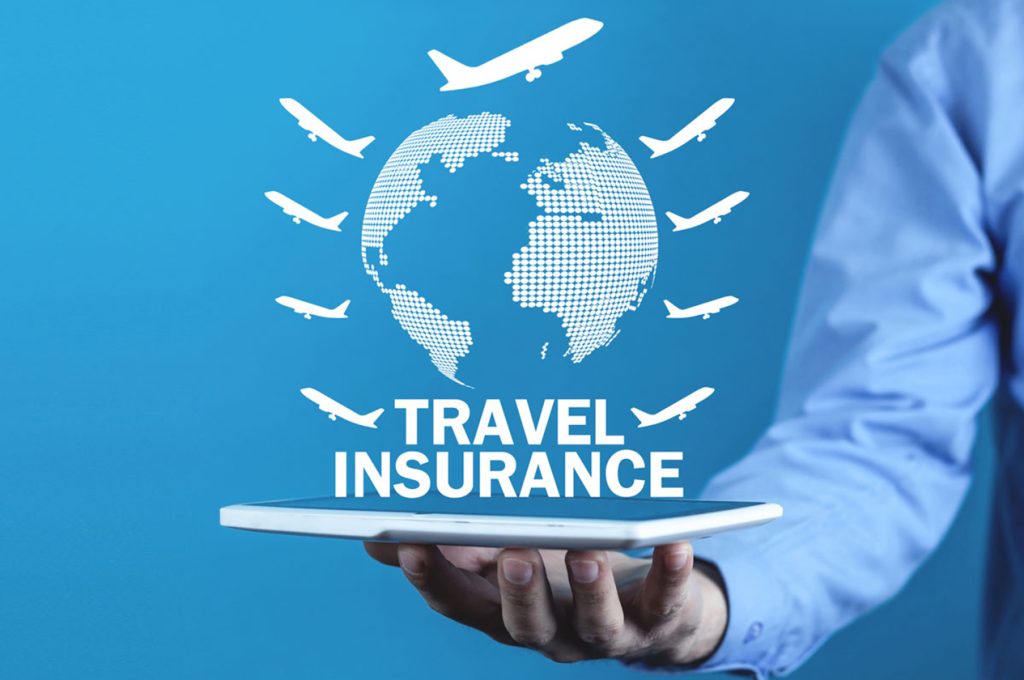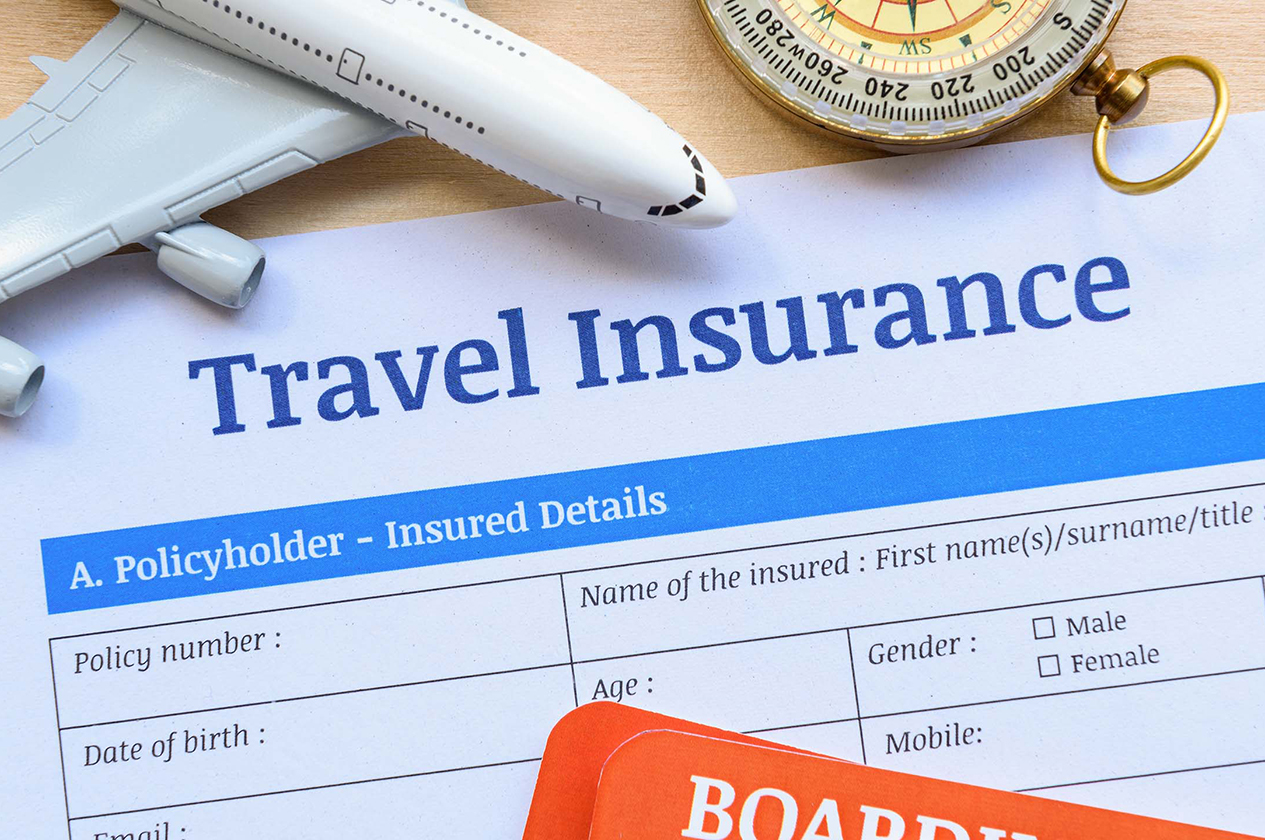I’ve learned firsthand that even the most meticulously planned trips can be disrupted by unexpected events. Whether it’s a sudden illness, an unforeseen emergency, or a flight cancellation, the unpredictability of travel is something every globetrotter must face. When you’re planning to visit a destination as captivating as Bulgaria, trip cancellation insurance can be your safety net, providing peace of mind and financial protection in the face of uncertainty. But do you really need to invest in trip cancellation insurance? Let me share my personal insights and experiences to help you make an informed decision.
Why Should You Purchase Cancellation Insurance?
In my years of travel, I’ve encountered numerous situations where plans were upended at the last minute. For example, there was a time when I was all set to embark on an adventure to Bulgaria, only to be halted by a sudden illness in the family. It was then that trip cancellation insurance became my saving grace. It’s like an invisible shield, safeguarding you against unforeseen circumstances that could disrupt your plans. Imagine booking your flights, hotels, and excursions, only to be forced to cancel everything. Without insurance, you’d be left bearing the full financial brunt of that decision. But with it, you can breathe easier, knowing that you won’t be out of pocket if life throws you a curveball.
What Costs Are Covered by Cancellation Insurance?
Trip cancellation insurance is an essential safeguard for travelers, offering protection against the financial risks associated with unexpected trip cancellations. When you purchase this type of insurance, it generally covers a broad spectrum of pre-paid, non-refundable expenses that you might incur while planning your trip. This includes major costs like airfare, hotel reservations, car rentals, and even organized tours or excursions that you’ve booked in advance. However, the specifics of what is covered can vary significantly depending on the insurance policy you choose.
For instance, if you’ve booked a flight to Bulgaria and suddenly need to cancel due to a medical emergency, your trip cancellation insurance could cover the cost of the airline tickets that you can’t get refunded from the airline itself. Similarly, if you’ve reserved a hotel room that has a strict no-cancellation policy, the insurance might reimburse you for those charges, ensuring you don’t lose your investment.
Beyond the basics, many comprehensive trip cancellation policies also extend coverage to additional pre-paid travel expenses, such as cruise tickets, theme park passes, or special event tickets. Some plans might even cover non-refundable deposits for vacation rentals or all-inclusive packages. For example, if you’ve paid a deposit on a villa in Bulgaria’s coastal region and then face an unforeseen situation that forces you to cancel, your insurance policy might help you recover that deposit.
However, it’s important to note that the extent of coverage varies widely between different insurance providers and plans. Some policies may cover only the most common expenses, like flights and hotels, while others may offer more extensive coverage, including additional travel-related costs. That’s why it’s crucial to thoroughly review the policy details before purchasing. Pay close attention to the fine print, especially the sections that outline what is explicitly covered and what is excluded. This can prevent misunderstandings and ensure that you have the appropriate level of coverage for your specific travel needs.
For example, certain policies might cover cancellations due to specific reasons, such as illness, injury, or the death of a close family member. Others might include broader coverage, such as protection against natural disasters, civil unrest at the destination, or even job loss. Some policies might offer a “Cancel for Any Reason” (CFAR) option, which allows you to cancel your trip for reasons that aren’t typically covered, though this option usually comes at a higher premium.
Another critical aspect to consider is how the reimbursement process works. Most insurance policies require you to file a claim within a certain period after canceling your trip. You’ll typically need to provide documentation to support your claim, such as medical records, death certificates, or official notices of travel disruptions. The insurer will then review your claim to determine if it falls within the scope of coverage. If approved, the reimbursement process can take anywhere from a few weeks to a couple of months, depending on the complexity of the claim and the efficiency of the insurance provider.
Trip cancellation insurance can be a valuable tool for protecting your travel investments, especially when planning a significant trip to a destination like Bulgaria. By covering a wide range of pre-paid expenses, it offers peace of mind and financial protection against the unexpected. However, the key to maximizing this protection lies in choosing the right policy and understanding its coverage in detail. Always take the time to read through the policy’s terms and conditions, and don’t hesitate to ask questions if anything is unclear. With the right insurance in place, you can enjoy your trip knowing that you’re well-protected against unforeseen circumstances.
Under What Circumstances Can I Cancel and Get a Refund?

Travel insurance often covers cancellations due to several common, yet critical, reasons. These typically include serious health issues, the illness or death of a close relative, flight cancellations or delays that render your trip impossible, natural disasters, terrorist incidents, or other unforeseen dangerous situations at your destination. If any of these circumstances occur, you can cancel your trip and expect a refund, depending on your policy. The relief that comes with knowing you’re covered in these situations is invaluable; it transforms potential disaster into a manageable situation.
How Do I Get a Refund If I Cancel?
If you find yourself in the unfortunate position of having to cancel your trip, the first step is to contact your insurance company immediately. They will guide you through the process, which usually involves providing documentation like a doctor’s note, death certificate, or official notification of a flight cancellation. Once your claim is submitted, the insurance company will assess your situation and, if it meets the criteria outlined in your policy, begin the refund process. Patience is key here, as the time it takes to receive your refund can vary depending on the insurer.
What Compensation Can I Receive If I Cancel Without Insurance?
Cancelling a trip without insurance can be a costly affair. Most airlines and hotels have strict cancellation policies, especially as the departure date approaches, leaving you with little to no refund. Without insurance, you’re at the mercy of these policies, which often means losing most, if not all, of the money you’ve already paid. The financial blow can be significant, turning what should have been an exciting adventure into a distressing financial loss. In such cases, the phrase “better safe than sorry” truly applies, highlighting the importance of having trip cancellation insurance.
How Much Does Trip Cancellation Insurance Cost?
The cost of trip cancellation insurance typically ranges between 5% to 10% of your total trip expenses. While this might seem like an added expense, consider it as a small investment against potential financial ruin. When you’re planning a trip to a destination as far-flung and diverse as Bulgaria, spending a little extra on insurance is a wise decision. It ensures that you can enjoy your travel plans with peace of mind, knowing that you’re protected against a range of potential disruptions.
Which Type of Trip Cancellation Insurance Should I Choose?

Choosing the right trip cancellation insurance depends on your specific needs and travel plans. I recommend opting for a plan that offers comprehensive coverage, straightforward claims processing, and a solid reputation. Make sure the policy you choose covers the risks you’re most concerned about, such as health issues, family emergencies, or flight cancellations. Take your time to compare different plans, read reviews, and consult with your travel agent if necessary. Selecting the right insurance is like choosing the right travel companion—it should be reliable, supportive, and ready to assist you when needed.
What Should I Do If I Have to Cancel My Trip?
If you find yourself in the position where you must cancel your trip to Bulgaria, your first course of action should be to contact your insurance provider and inform them of your situation. Provide all necessary documentation promptly—this might include a doctor’s certificate, a flight cancellation notice, or any other relevant paperwork. At the same time, reach out to your airline, hotel, and other service providers to notify them of your cancellation. Sometimes, they may offer additional assistance or flexible cancellation policies, especially if you explain your situation.
Throughout my extensive travels, having trip cancellation insurance has been a critical factor in managing the unexpected. While we all hope that our journeys will go smoothly, the reality is that life is unpredictable. By investing in cancellation insurance, you’re not just protecting your financial investment in the trip—you’re also giving yourself and your loved ones peace of mind. This is especially important when exploring a destination as enchanting and unfamiliar as Bulgaria. With the right precautions in place, you can focus on enjoying the rich history, stunning landscapes, and vibrant culture that await you, without worrying about what could go wrong.



